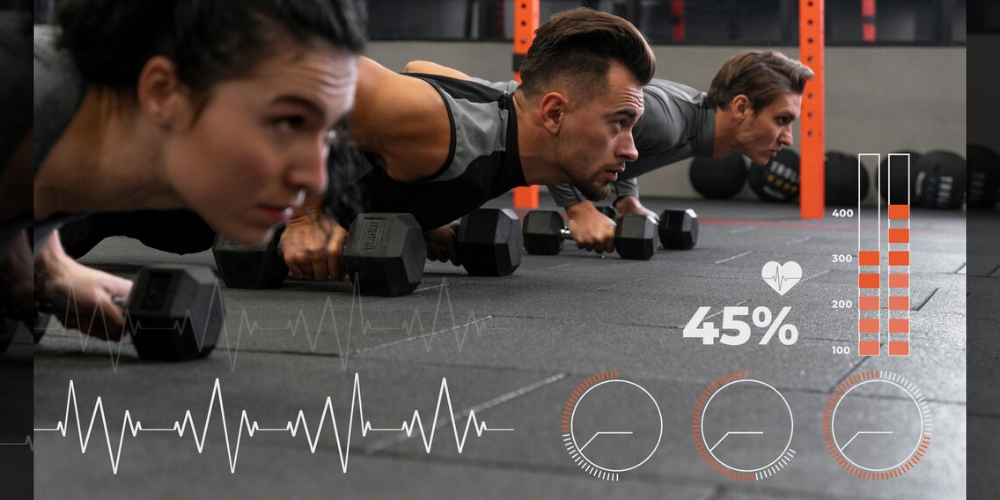If you haven’t done it recently, or even worse if you haven’t ever done it, it is time to do the Cooper test. Naturally, it is not assumed that you will pass it as it requires a solid level of fitness, but even failing it will give you useful info.
What is the Cooper test?
Designed and named by Kenneth H. Cooper, a former Air Force lieutenant colonel and a doctor of medicine, it is a physical fitness test where the point is to run as much as you can for 12 minutes. Maximum distance is unlikely achieved if the participant begins with a sprint, so it is important to pace yourself.
When one is successful in running the full 12 minutes, the result is then determined by a formula that takes into account the distance, age, and if the participant is male or female. The formula is correlated with the VO2 max like this:

Wikipedia | Formula for both meters and miles
The 3,218.7 meters or 2 miles world record for men is at 7:58:61, held by Daniel Komen, while for women it is at 8:58:58, held by Meseret Defar, at the time of this writing.
The world record at 5000 meters for men is at 12:35:36, held by Joshua Cheptegei, while the same distance for women is at 14:11:15, held by Tirunesh Dibaba.
What’s the benefit?
Of course, your goal would hardly be to compare with the world's first results, at least not if you are a beginner or a casual athlete. Keeping an optimal shape is most likely your goal, with trimming some excess weight if any, probably.
For that, doing the Cooper test can show you how bad you’re doing currently. If you haven’t been exercising at all in the past year or more, chances are you won’t even be able to finish a 12-minute run with no pauses, or at the very least the distance will be quite short.
Here are the interpretations of the possible results and an estimate of the person’s level of fitness below…
For recreational and competing levels:

For experienced athletic veterans:











